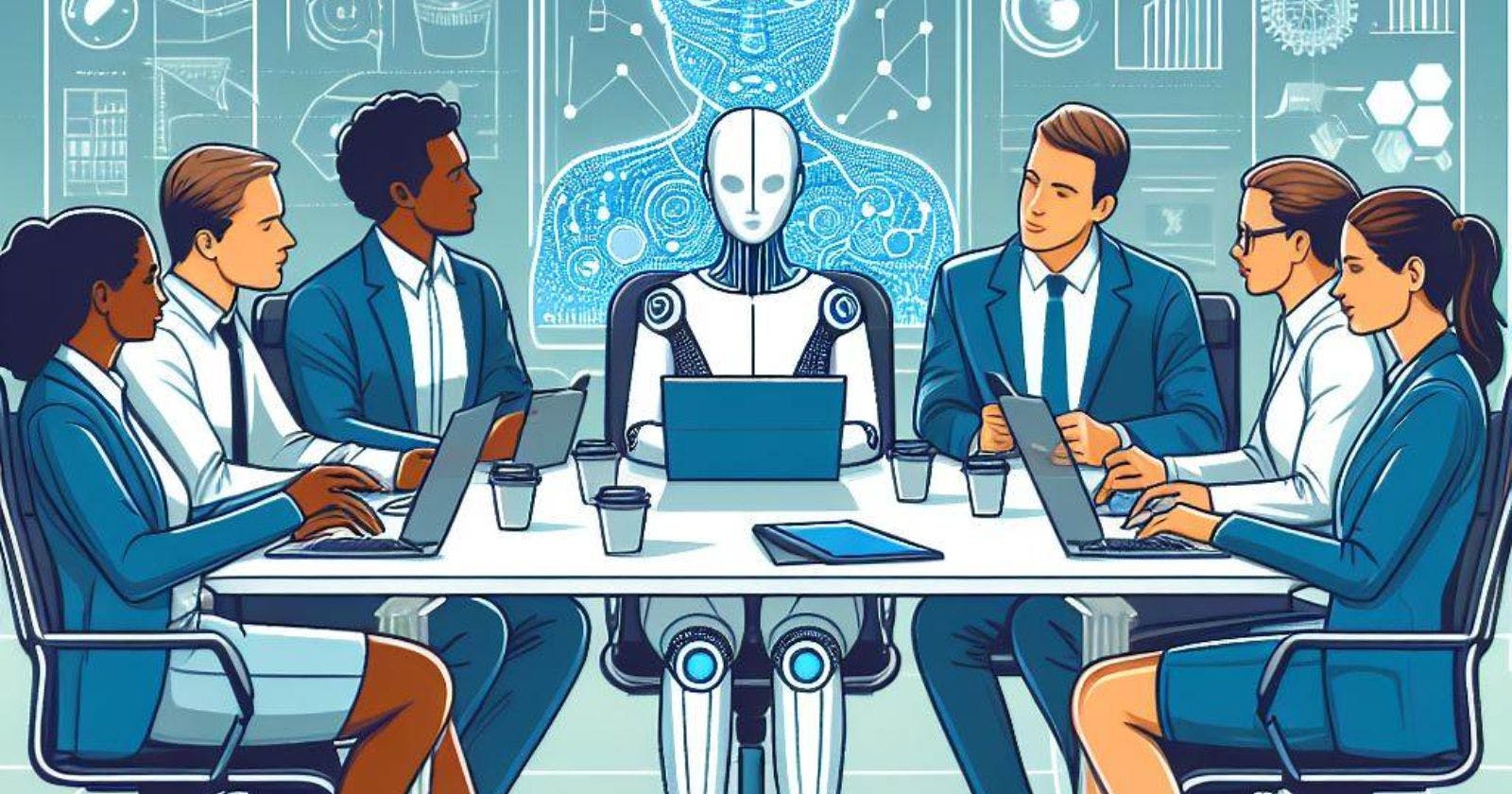As artificial intelligence (AI) becomes more advanced and integrated into business operations, there is an increasing need to consider the ethical implications of using this technology. Specifically, relational ethics should be examined when leveraging AI to make data-driven business decisions.
What are Relational Ethics?
Relational ethics refers to the moral obligations and social responsibilities within relationships between two or more parties. This includes human-to-human relationships as well as connections between humans and AI systems.
In business, many decisions impact various stakeholders such as customers, employees, shareholders, suppliers, and even the general public. There is an ethical responsibility for businesses to consider how each choice affects these relationships.
Why is This Important with AI?
AI systems are designed to augment and enhance decision-making using data analytics. However, these tools also carry inherent biases and can lack nuanced situational awareness of social implications.
As Anthropic Chief Scientist Dario Amodei explained, "AI systems don't have personal experiences upon which to ground relational reasoning". Without building relational ethics directly into AI guidance systems, business leaders risk compromising critical relationships through AI-influenced choices.
Key Areas of Concern
Some major aspects of business where relational ethics should be carefully evaluated when incorporating AI include:
Customer Experience Decisions
AI can optimize many parts of the customer journey for efficiency and conversions. However, this risks deteriorating human relationships with AI-driven communication that feels impersonal, dishonest or manipulative. Responsible personalization and transparency are essential.
Human Resources Management
For hiring, evaluations, promotions and other HR decisions with AI analytics, there are risks of introducing bias against minorities while losing sight of individual situational nuances. The technology should augment but not replace human judgment calls to nurture talent.
Financial Planning Guidance
Lending decisions, insurance premium adjustments and investment portfolio balancing could all negatively impact people if not handled carefully when informed primarily by AI predictions. Again, the unique context of individual people’s lives matters greatly.
Maintaining Ethical Standards
Fortunately, the methodology of AI alignment focuses on developing AI that incorporates and sustains human ethics. As organizations build or implement AI tools, they must keep relational ethics as a top priority to guide business decisions responsibly. Core principles of trust, transparency and accountability should drive the process.
The businesses that succeed in the coming years will be the ones that leverage AI to enhance rather than exploit relationships with people. With ethical AI aligned to uplift humanity, companies can make data-empowered decisions that serve stakeholders responsibly.

